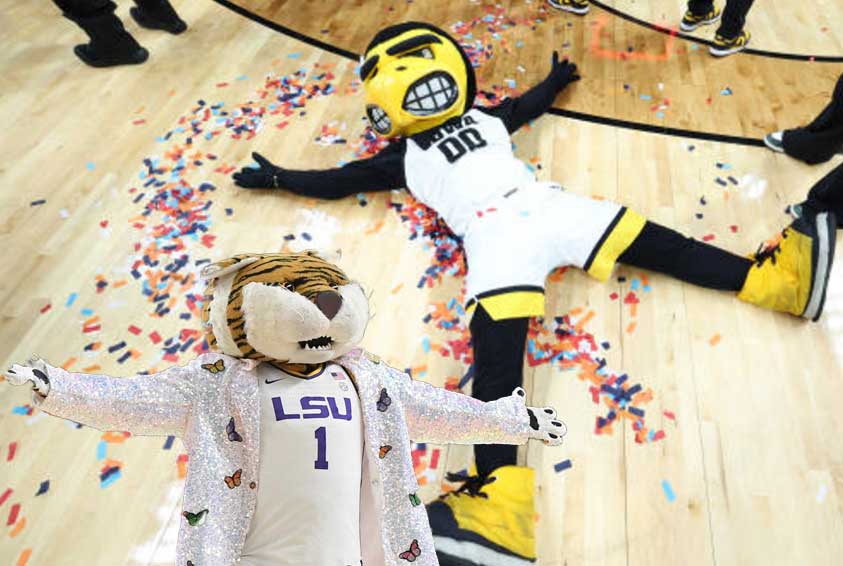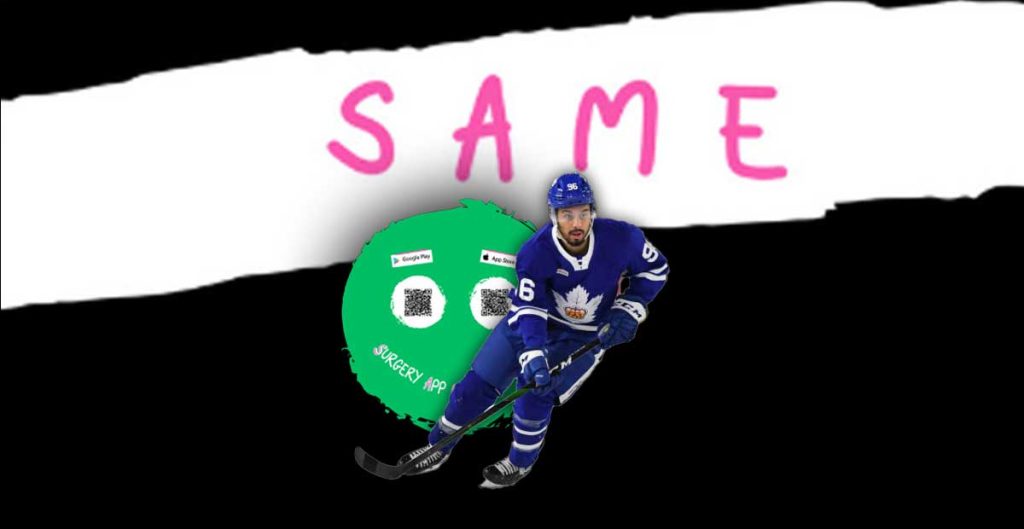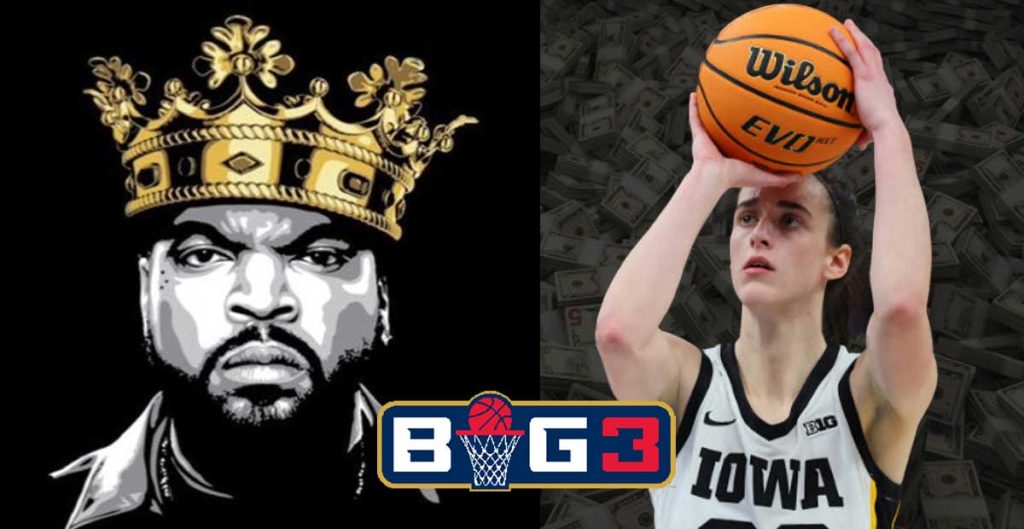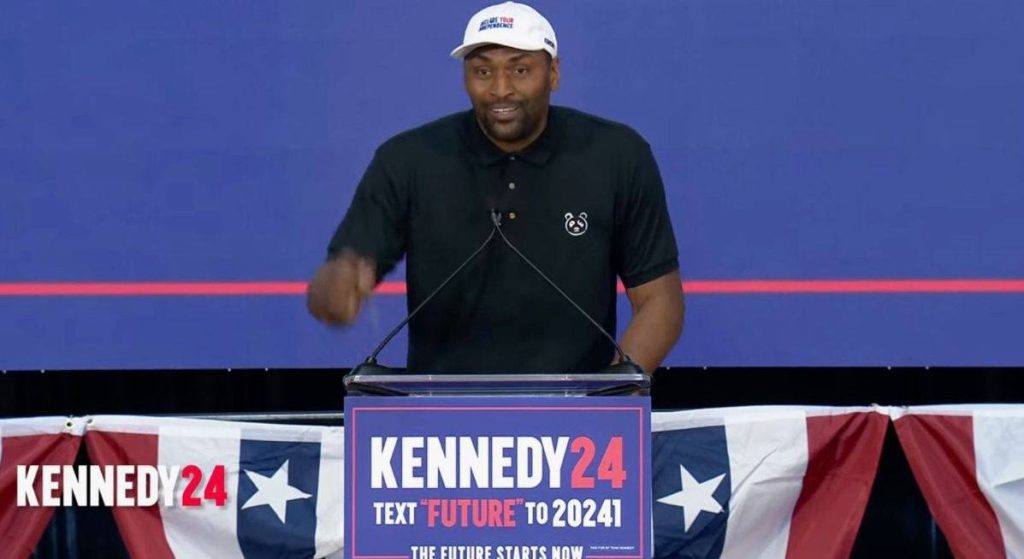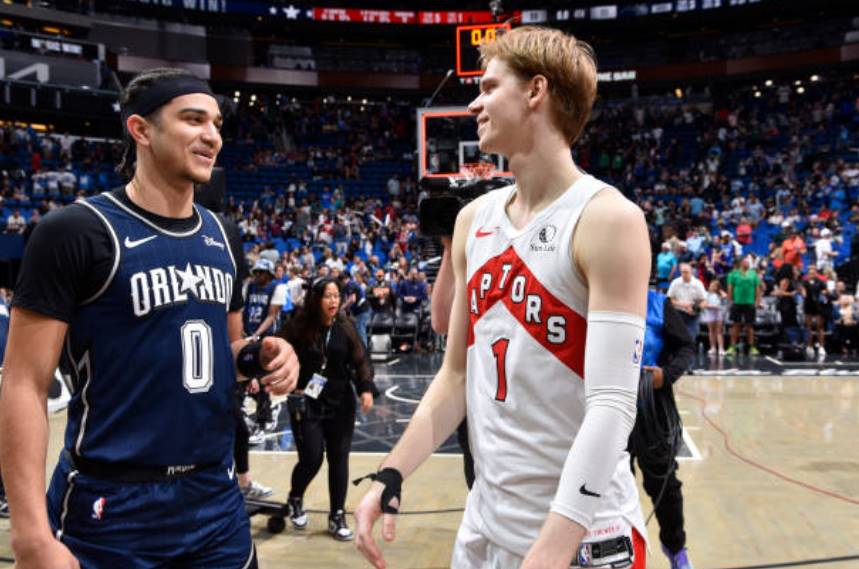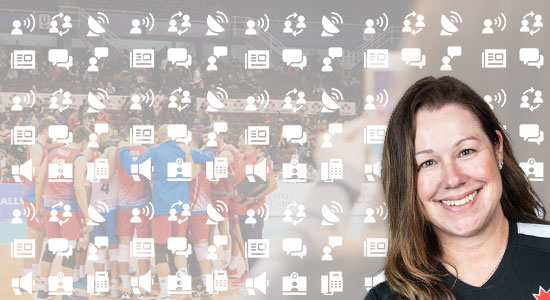
The Basics Of Good Communication From Volleyball Canada Director Jackie Skender
Jackie Skender | Director of Communications | Volleyball Canada

The basics of good communication – clarity, accuracy and reaching an audience – are always the overriding principles
Jackie Skender
Director of Communications
Volleyball Canada
Could you take us through a day as the Director of Communications at Volleyball Canada? What exactly does your role entail?
Pandemic aside, I would say no day or week are the same.
At Volleyball Canada, our focus is often on events. We host international events as well as domestic competitions each year, and a lot of energy goes into that. That would mean communications and marketing planning, meeting with local organizing committees, writing press releases and producing marketing materials and coordinating media activities.
This May and June we would have hosted a major National Championships in Edmonton as well as two international competitions (Men’s and Women’s Volleyball Nations League in Calgary and Ottawa respectively), so there’s a lot of juggling and travel involved with events.
There is only me, our digital content coordinator and typically an intern working on communications, so we’re pretty busy all the time. We also work a lot with contractors – graphic designers, translators, photographers, webcast providers and so on.
As well, I handle any media requests that come to Volleyball Canada for our staff and National Teams.
Without the pandemic, we would have been in the thick of Tokyo 2020. I would have been the media attaché for our indoor men and beach volleyball teams in Tokyo.
During the pandemic, communications has played a major role in managing the messaging around postponements and cancellations as well as encouraging our members/fans to stay safe and be patient when it comes to returning to play.
Prior to this role you worked as the Director of Communications for Rowing Canada. How was it transitioning between the two sports, were there any challenges?
The transition was smooth for me, and I’ve learned so much from every job I’ve done over the years. Rowing is very focused on a small amount of very crucial competitions, with the Olympics as the pinnacle of success. As an NSO, there was less focus on hosting events and more on the National Teams.
I think the biggest difference in my area, and what keeps me on my toes, is the number of events that Volleyball Canada executes in a year, as well as running the National Teams (for beach, indoor volleyball and Para volleyball). It means there is virtually no downtime.
Rowing is one of our more successful summer Olympic sports for Canada. Volleyball has not been as successful Olympic medal wise, as it’s very competitive at the international level. As an association, Volleyball Canada has had to be creative in finding revenue streams.
Volleyball has a very successful National Championships, both in the number of teams it attracts and on the financial side. It’s also encouraging to see Canada qualify for the Olympics, specifically in the men’s indoor and beach volleyball disciplines. It’s very exciting that Canada has the current reigning world champions in women’s beach volleyball. It’s a great spectator sport and very popular at the Olympics. I was really looking forward to helping support their efforts in Tokyo, but of course, now that must wait another year.
I’ve also had the privilege of working with other sports at as a media attaché at Olympics and Pan Am Games, so it’s fun to mix it up a bit and learn about other sports and athletes.
What is similar is the amazing people who work in sport – the athletes, coaches and staff are so dedicated and passionate about sport. It’s an amazing atmosphere to be able to work at a major tournament or Olympic Games. Also, most of the athletes in both sports are extremely tall, so I’m comfortable feeling short 😊
The last event we completed just before shutting down was the sitting volleyball Paralympic qualifier in Halifax, which Canada’s women’s team won. It was so great to work with that group of athletes at the qualifier and see their hard work result in success.
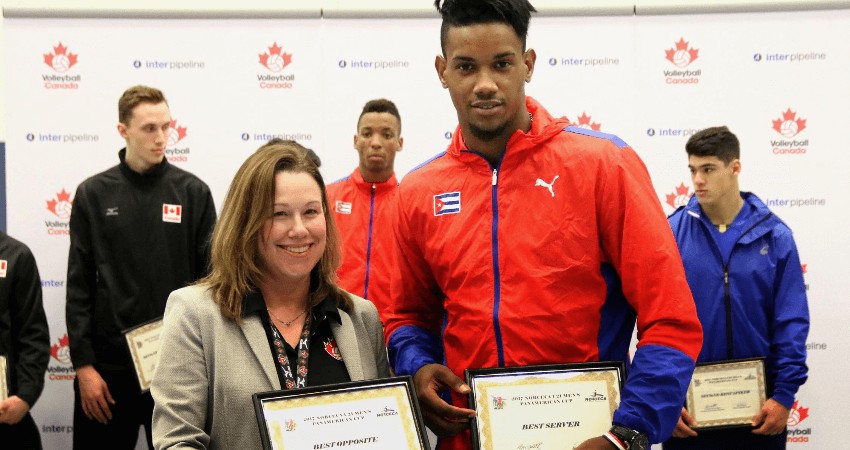
Do you think your journalism degree prepared you well for working in communications? Do you think there is something to be said about pursuing a journalism rather than communications degree?
It really depends on the person. A journalism background does provide a lot of the basic skills for a career in communications. I’m not sure I can recommend one over the other.
In the end, no matter what your education or background, you must be ready to always be learning on the job. When I started in the sports industry, social media wasn’t a thing and creating video content was only accessible to those who had expensive equipment, etc. But the basics of good communication – clarity, accuracy and reaching an audience – are always the overriding principles.
Also building professional relationships with media, photographers and other suppliers is important. As with a lot of careers, it’s about relationship building and hard work.
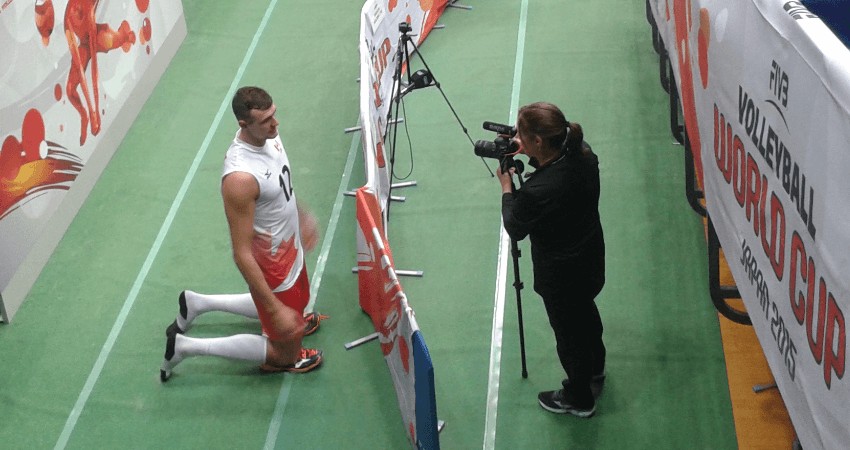
Do you have any advice for aspiring students looking to work in communications, particularly in the sport industry?
I would say be open to learning as much as possible on the job.
Be prepared to work hard when you get out of school, and don’t expect everyday to be super exciting – travelling, and attending major events is part of the job, but there’s also a lot that goes on in the background that could be seen as being mundane.
You shouldn’t expect to make a lot of money in sport, but also don’t undervalue your contribution.
People in sport often take winding paths to get to the job that’s just right for them; be patient and learn from both the good and less positive experiences.
Don’t be afraid to speak up, but also see the value in being a good listener.
And finally, sport is supposed to be fun and entertaining, even though there are ups and downs and very important issues that we face. At the end of the day, we’re in an industry that is supposed to be promoting all the great values that sport embodies. Take your job seriously and enjoy the process.
There are lot of skills that come under the umbrella of “communications” so find what you’re really good at and keep working on those skills. Longevity comes with being flexible and the willingness to keep learning.
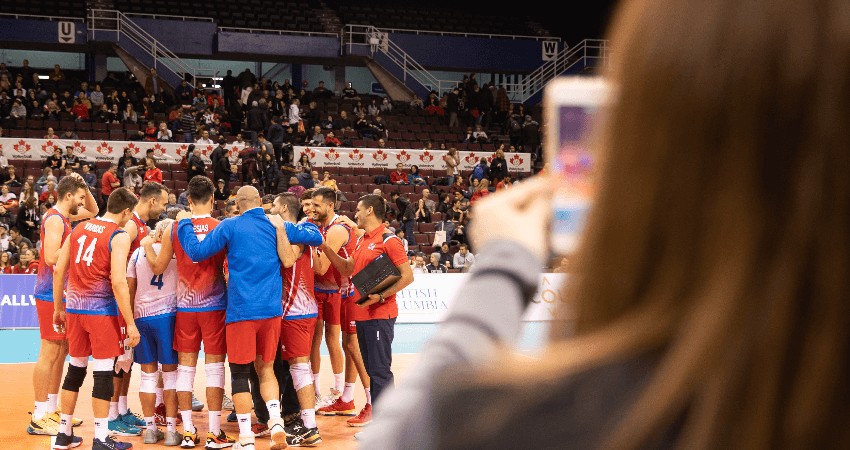
You are extremely successful as a leader, what do you think some important qualities of a good leader are?
I’m not sure I’m a leader in the traditional sense. I have never had a large staff, usually just working with one or two key people. I’d rather been viewed as a solid team member and contributor. I see other staff and service providers as collaborators. I have made a lot of mistakes over the years, and have learned from them.
I think at this stage in my career, I’m better at time management and being supportive of others on our team. But I feel I can always find areas to improve. I’m very good behind the scenes and at events, but I don’t like to be the centre of attention (ie. presentations etc), so I’m trying to improve in that area and realize that maybe I have something of value to contribute. In general, I feel my job is to put others in the spotlight.
I believe a good leader has the emotional intelligence to know that they are not always right and admit that to their team.
I respect the leadership style of our CEO, Mark Eckert. He allows people to do their jobs without a lot of interference but is there if you need support or guidance. I feel super privileged to work in the sport community in Canada and learn everyday form people who are so committed, smart and hard-working.
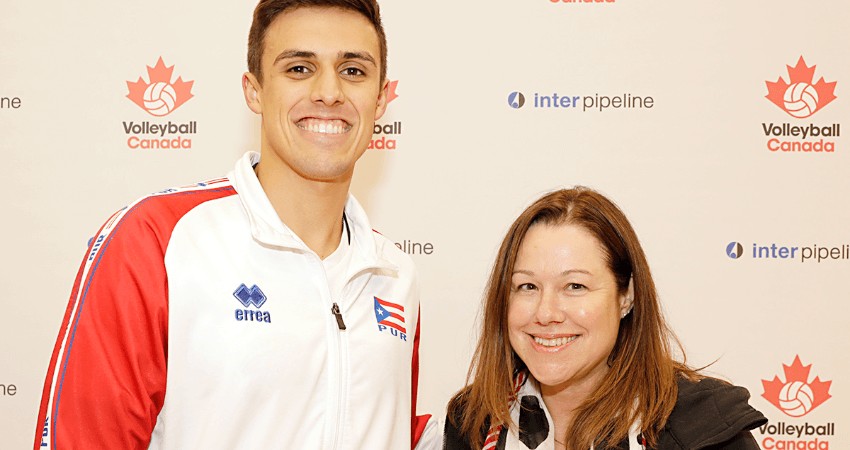
[get_current_post_author_pic_and_name]
There is so much that goes on behind the scenes that we never think about. Without all the work that Jackie Skender does, Volleyball Canada would not run very smoothly. She stresses the importance of building good basic communication principals because they are the foundation for everything else. Without communication, people wouldn’t know what’s going on within a company or outside of it! It’s such an important role that oftentimes gets overlooked, but Jackie knows exactly what needs to get done and does it well.
The Latest



